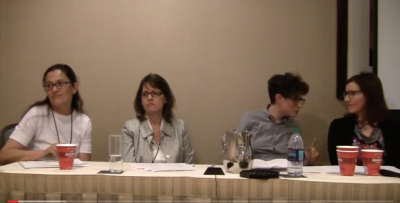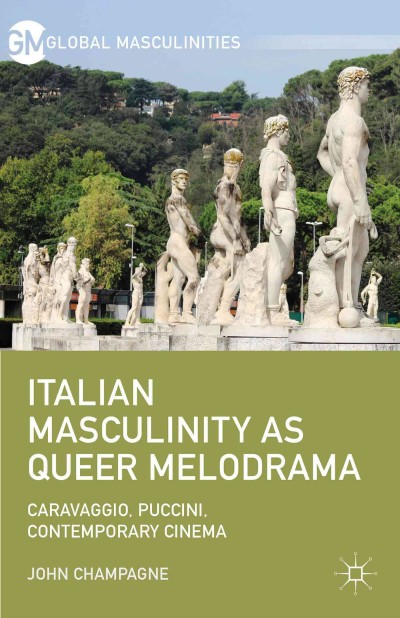7. Translingual Queer Practice
by Serena Bassi
Serena Bassi suggests that we rethink what the relationship between social change and evolution of language usage might look like. To offer a different perspective on the subject, she asks how a Translation Studies paradigm helps us reflect on the “gay rights” vocabularies that have appeared in various guises in Italy since the 1960s. In English.
DOI: https://doi.org/10.15781/vhpj-pr19





